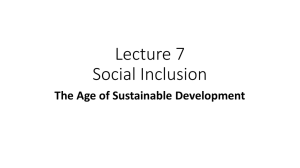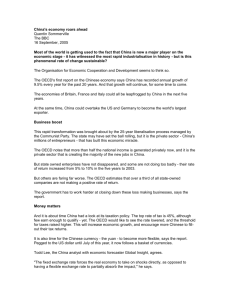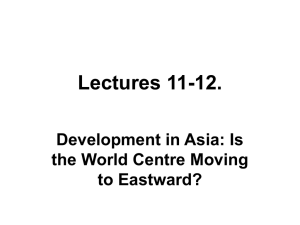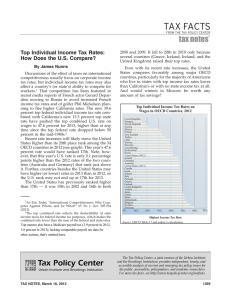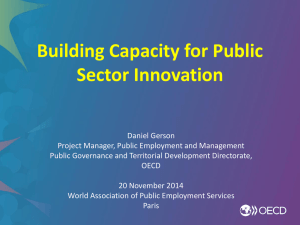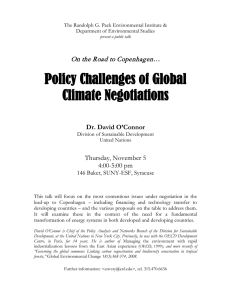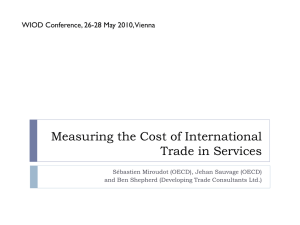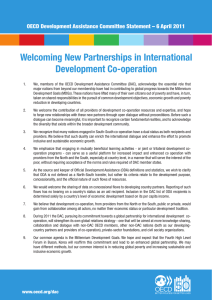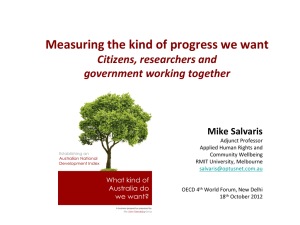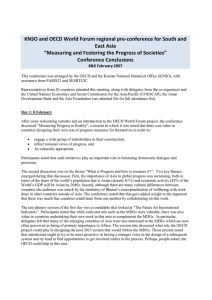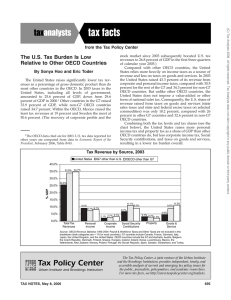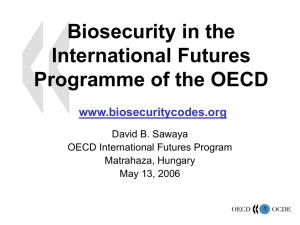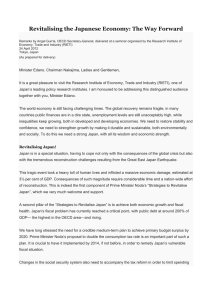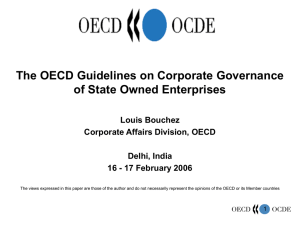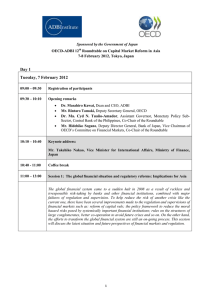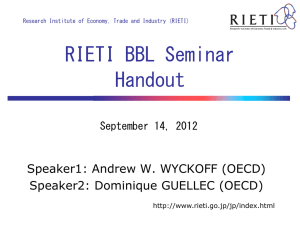Future Trends Series - GR:EEN Project
advertisement
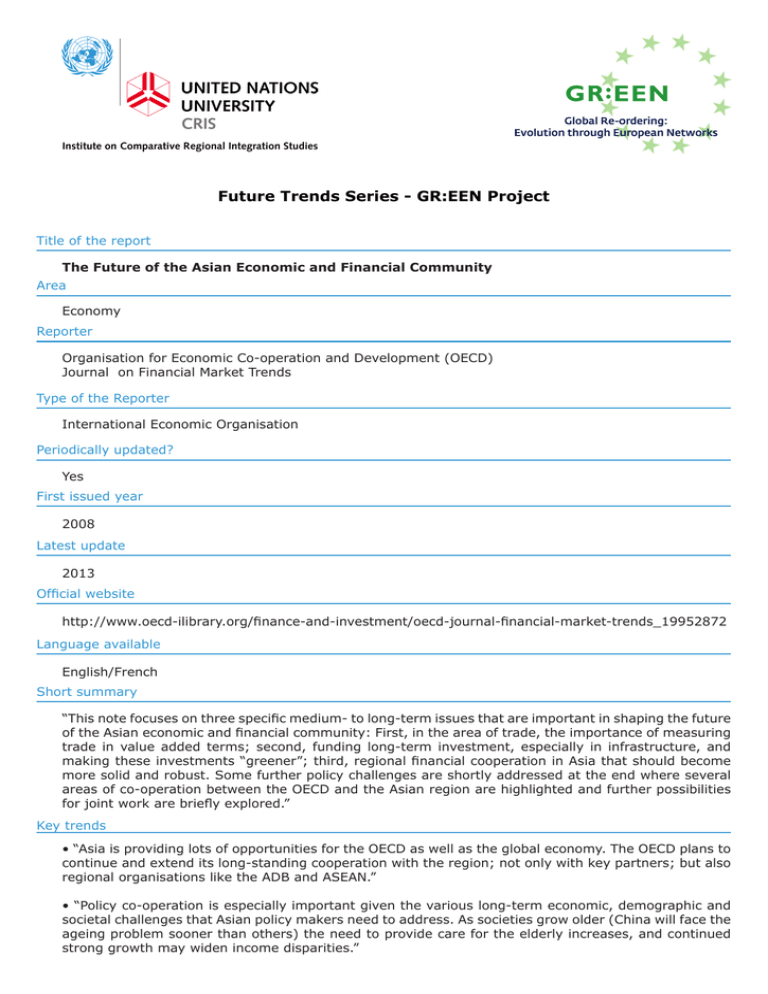
Future Trends Series - GR:EEN Project
Title of the report
The Future of the Asian Economic and Financial Community
Area
Economy
Reporter
Organisation for Economic Co-operation and Development (OECD)
Journal on Financial Market Trends
Type of the Reporter
International Economic Organisation
Periodically updated?
Yes
First issued year
2008
Latest update
2013
Official website
http://www.oecd-ilibrary.org/finance-and-investment/oecd-journal-financial-market-trends_19952872
Language available
English/French
Short summary
“This note focuses on three specific medium- to long-term issues that are important in shaping the future
of the Asian economic and financial community: First, in the area of trade, the importance of measuring
trade in value added terms; second, funding long-term investment, especially in infrastructure, and
making these investments “greener”; third, regional financial cooperation in Asia that should become
more solid and robust. Some further policy challenges are shortly addressed at the end where several
areas of co-operation between the OECD and the Asian region are highlighted and further possibilities
for joint work are briefly explored.”
Key trends
• “Asia is providing lots of opportunities for the OECD as well as the global economy. The OECD plans to
continue and extend its long-standing cooperation with the region; not only with key partners; but also
regional organisations like the ADB and ASEAN.”
• “Policy co-operation is especially important given the various long-term economic, demographic and
societal challenges that Asian policy makers need to address. As societies grow older (China will face the
ageing problem sooner than others) the need to provide care for the elderly increases, and continued
strong growth may widen income disparities.”
• “At the same time, growth in income and production will increase the “carbon footprint” of these
societies. Thus, growth will need to become more inclusive and “green”, {…}. Green growth is the only
option we have if economies are to advance at a global level and emerging economies are to catch up
to advanced levels.”
• “All this will require implementing effective medium-term reforms in a wide range of areas such
as agriculture, health care, education and skills, infrastructure, taxation, and support for small and
medium-sized enterprises (SMEs).”
• “Regional trade integration can help to foster not only valuable regional trade links, but can also
help countries to better exploit and develop their comparative advantages and raise productivity by
competing and trading with their peers. Furthermore, regional integration both requires and underpins
liberalisation of domestic markets.”
• “Intra-regional integration in ASEAN has gradually strengthened and interregional inflows of foreign
direct investment (FDI) have increased dramatically. Such integration can be reinforced by further
harmonising rules and regulations, while tendencies of a “wrong convergence” towards more regional
protectionism need to be curbed.”
• “The OECD has been offering advice in many of the policy areas concerned, and the OECD stands
ready to enhance its cooperation with the region.”
Suggestions
/
Methodology
Research from primary and secondary sources
Modelling
Reference to other trends reports? If yes, which reports?
/

